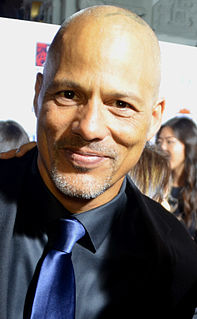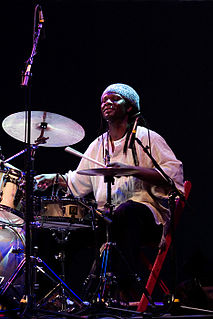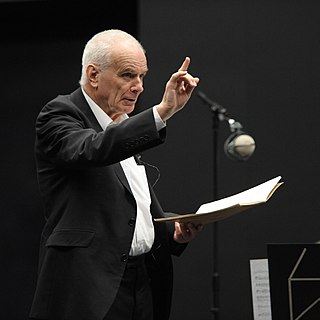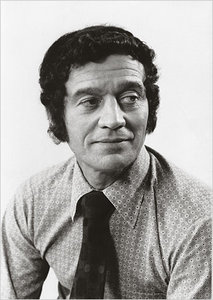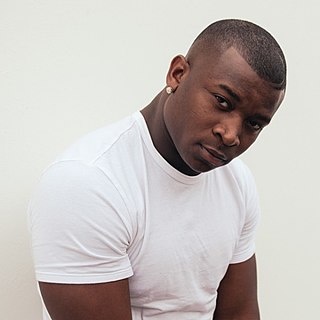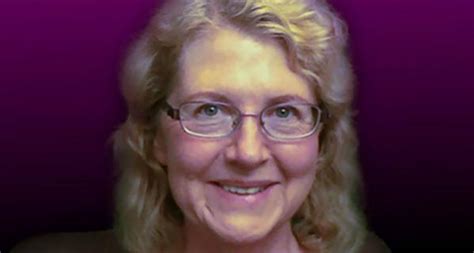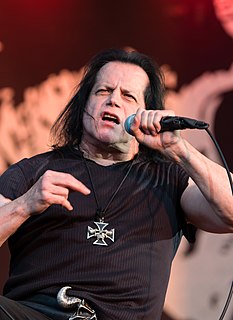A Quote by Brian Morton
A piece of writing is only worth doing if you're a different person at the end of the process than you were at the beginning.
Related Quotes
When I started doing improvise music in Europe, in the beginning I thought the way that Europeans were interpreting the reconstruction of deconstruction of this thing that we call jazz - of course it's different than what Americans do, because Europeans have a different history, a different sensibility and so forth - the nature of the creative process itself it's the same; but what comes from that creative process is different, because you have a different history, you have a different society, different language.
Writing books isn't a drastic departure from writing for the stage. I've always written in the long format, five, eight, 10-minute pieces rather than one-liners, so since writing books, the process hasn't changed much. A piece in my live routine can end up as part of one of my HBO specials, and it can also end up in one of the books.
The beginning is never the clear, precise end of a thread, the beginning is a long, painfully slow process that requires time and patience in order to find out in which direction it is heading, a process that feels its way along the path ahead like a blind man the beginning is just the beginning, what came before is nigh on worthless.
Genesis means the beginning. But I put the A instead of the E because I didn't wanna be criticized in church and nothing like that. And it means the beginning, but in my city, I'm the only person that's on the West Coast that has a different sound, so I was thinking to myself, 'This the beginning of a new sound, a new person.'
I think I've had pretty good experiences for the most part with the people who have directed my screenplays. It's more that I wanted to see what it would be like if I didn't have to collaborate with anybody, to have a sense of purity of the thing from beginning to end. I liked doing it. It's really different from writing. Directing is a more pragmatic experience, where you have to deal with the restrictions of time and money that force you to make certain decisions you don't have to make when you're writing.
'Seize the Story' takes readers all the way through the process of writing fiction, from beginning to end. Every element, from dialogue to setting, plotting to character creation, is laid out and illustrated with examples. But the tone of the book is not that of a dry writing manual - it's definitely written for teenagers.
I think it's dangerous to think you know what you're writing. I usually don't know, and usually I just discover it in the course of writing. I envy those writers who can outline a beginning, a middle, and end. Fitzgerald supposedly did it. John Irving does. Bret Easton Ellis does. But for me, the writing itself is the process of discovery. I can't see all that far ahead.

